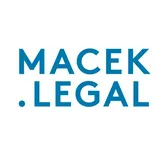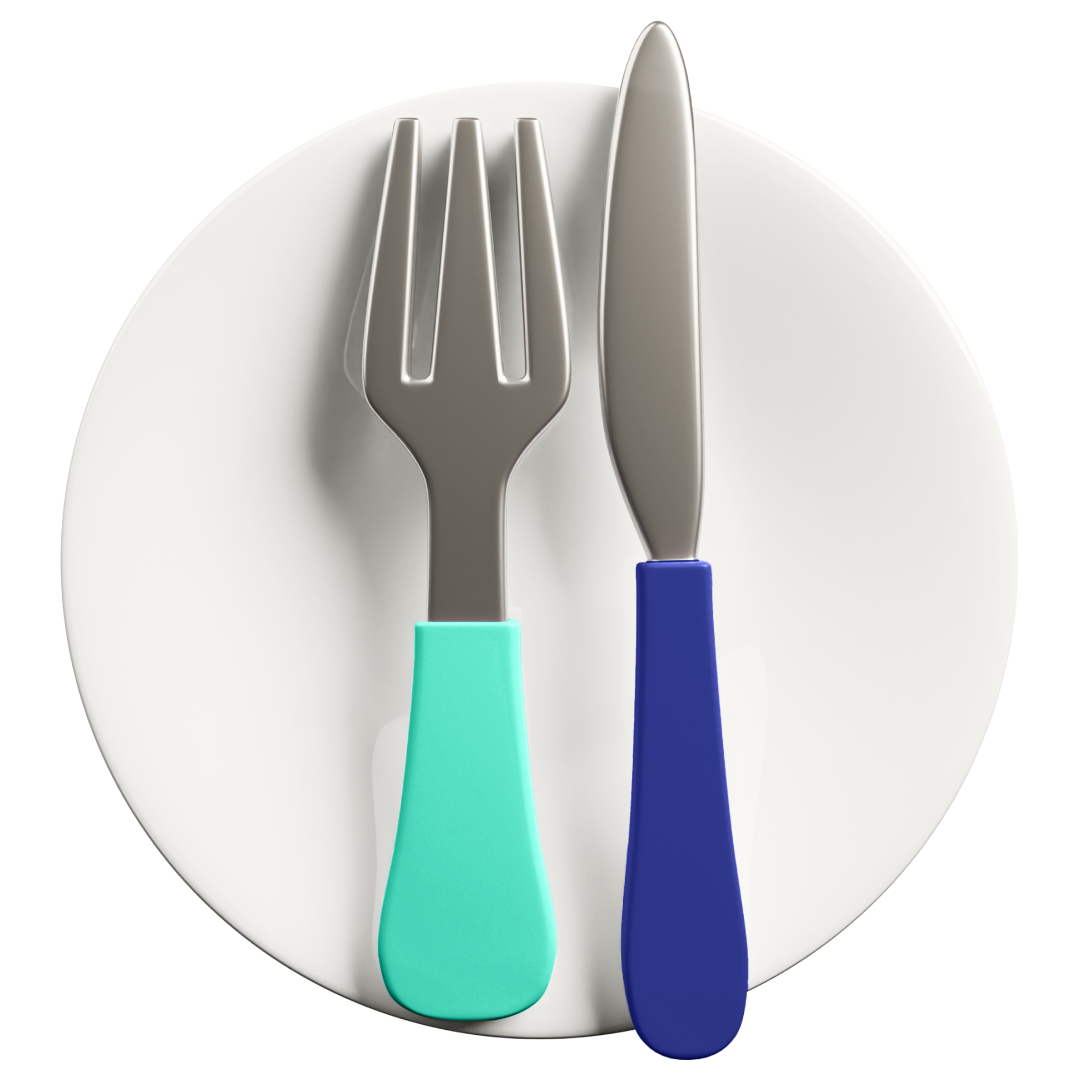In a recent poll Expats.cz asked our readers if they’d be jumping on the wagon for Dry February. A resounding 58 percent of you responded with a firm “Nope.” This number is at odds with the rise of the sober-curious movement in Czechia and the general trend toward imbibing low-alcohol cocktails.
That trend is confirmed by Prague bartenders we spoke to who say that the less-is-more mantra (less alcohol, more quality garnishes and mixers) has made a big splash on the Czech bar scene.
David Andrle is the head bartender at Liquid Office Bar in Karlín, a coffee house by day and a cocktail lounge by night. It’s run by the master mixologists behind Cash Only Bar (now closed) and Hemingway Bar a pioneering Prague cocktail venue.
Andrle said that bar patrons are putting more thought into where to go and spend their money. He also said that since its opening last February, Liquid Office Bar patrons have expressed much more interest in non-alcoholic drinks.
“We pay the same attention to the preparation of our virgin drinks as we do our alcoholic cocktails,” he said. Andrle told us that before the Covid pandemic, the Czech market saw a significant boom in the development of non-alcoholic spirits. “Unfortunately the pandemic killed the trend,” he laments.
Liquid Office Bar creates mocktails with quality virgin spirits and fruit purées. Low-alcohol drinks incorporate top-shelf vermouths and locally sourced herbs. Andrle confirms that Dry February patrons can sip three non-alcoholic cocktails at Liquid Office Bar this month, including an "Office Nogroni." The bar also serves mini-cocktails for those scaling back.
Will you take the Dry February challenge?
Lisa Ljubčič is the brand manager at Soot Bar, which opened last summer at Manifesto Market. She said that over the past few years, she’s noticed a new approach to the way Prague consumes cocktails, one that's less driven by alcohol content and more by presentation, service, and fewer headaches the morning after.
People, in general, are trying to drink alcohol less but better quality; they want to know what is going into their drink and what they are putting in their body," Ljubčič says.
Soot uses an array of fresh fruit and homemade cordials to create drinks that Ljubčič describes as having "positive effects" and that are light enough to be enjoyed with lunch.
Ljubčič said that Manifesto's zero-alcohol drinks list has evolved for the winter season and currently features a Mulberry Silk (zero-alcohol gin, apple shrub, orgeat syrup), Spiced Kombucha (kombucha, house-made pomegranate, and anise cordial) and a Rosehip Tea cocktail (rosehip, hibiscus, and spiced water, served hot) that's rich in vitamin C for the winter season.
Benedikt Houda, bar manager at The Monkey Bar, said he's seen an increased demand for alcohol-free cocktails since the venue's opening last spring. So much so the bar plans to feature more of them on its new cocktail menu.
"We know that not everyone wants to drink alcohol, so we want to give them the opportunity to enjoy something special," said Houda.
Lucie Janečková of the Lokál chain of pubs said that the low-alcohol and non-alcoholic consumption trend has even infiltrated the beer space.
Non-alcoholic and low-alcohol beer has seen a sharp rise in recent years, accounting for 10 percent of the alcohol market. In 2020, 7.3 percent of all beer produced in CZ was non-alcoholic, and in July 2021 more than 41 percent more non-alcoholic beer was produced year-on-year from 2020.
For beer lovers trying to cut back or go completely alcohol-free this February, Janečková recommends the pub's homemade half-beer/half-lemonade radlers in addition to the non-alcoholic Pilsner, Kozel, and Birell they've always carried on tap.
The 11th year of the Dry February campaign kicks off on Feb. 1. According to campaign organizers, almost half of the participants in the annual event reduce their risky consumption of alcohol, and in a follow-up survey conducted by the campaign, see an overall long-term reduction in alcohol consumption after four months.
Given the sobering statistic that 1 million Czechs are at the edge of risky alcohol consumption, the promotion of moderation or abstinence as highlighted by the country's annual Suchej únor campaign is a step in the right direction.
But in a country with the highest annual beer consumption per capita, "There are still a lot of people who drink beer during Dry February," says Janečková.












 Reading time: 3 minutes
Reading time: 3 minutes 
































